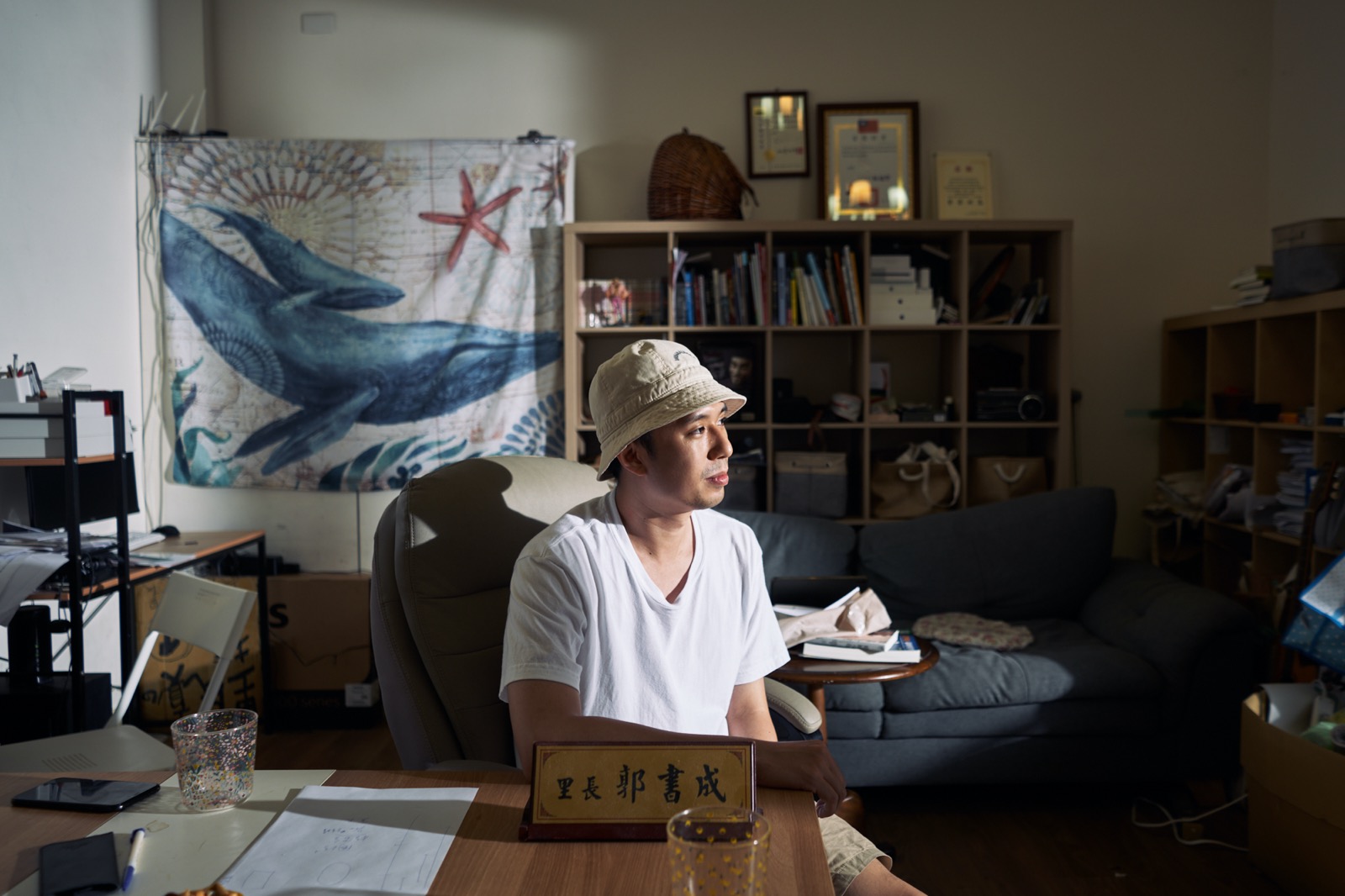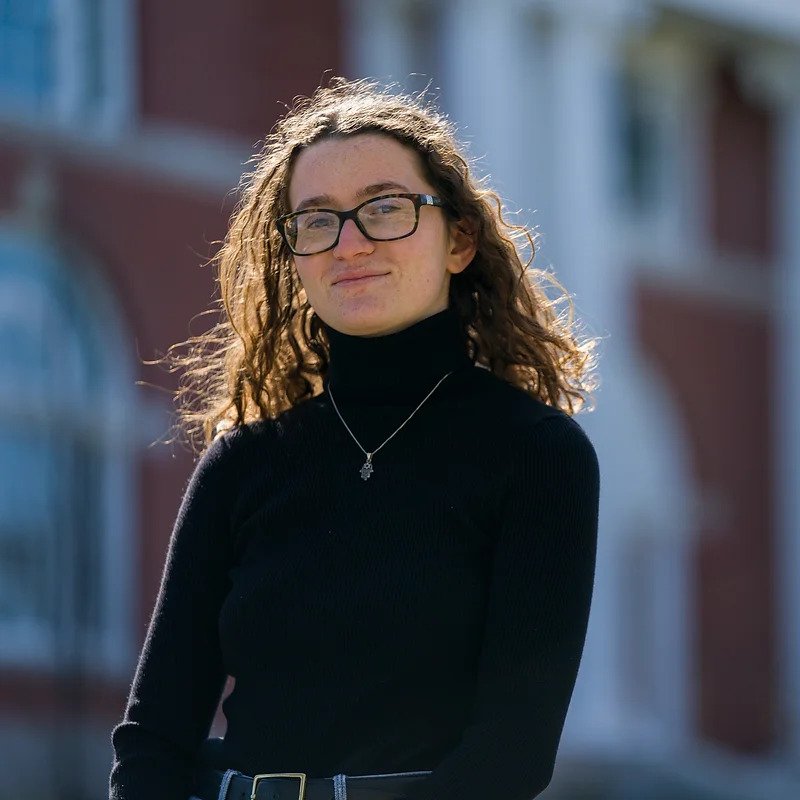NGOs try to bridge Taiwan’s civil defense gap
Taiwan’s national civil defense teams are tasked with supporting the military during wartime, and disaster prevention and relief during peacetime. Critics say they're woefully unprepared.

Kuō Shūchéng’s 郭書成 neighborhood is almost entirely residential, a mix of old and new high-rise apartment buildings overlooking Taipei from the hills of Nangang. Around 6,000 people live here, and Kuo, the neighborhood’s village chief (里長 lǐzháng), would be responsible for ensuring their safety in the event of a disaster.
Village chiefs are Taiwan’s most grassroots-level elected officials, responsible for everything from environmental maintenance to settling neighbor disputes. They also play an important part in Taiwan’s official civil defense, or mínfáng 民防, system — and it is this responsibility that is causing anxiety among some village chiefs.
“They want us to evacuate people to an air raid shelter or a meeting point, but if a war has broken out, how are we supposed to do this?” Kuo said. “We have a broadcasting system, but if we don’t have any power, then what? Are we just supposed to walk the streets and call out to people?”
Taking civil defense into one’s own hands
Kuo recently attended a one-day training course with Kuma Academy, a nonprofit that began offering civil defense training courses last year with the help of a $31.58 million donation from chip mogul Robert Tsao. But Kuo said hosting a similar event in his community, though he would like to, would be a challenge: there is no money for it, and even if there was, he doesn’t think anyone would show up.
“I think there is a possibility of war. But we don’t know when,” he said. “Not everyone is like this. From voters to low-level and high-level officials, none of them think a war could happen. So since it can’t happen, why should we take civil defense seriously?”
Taiwan’s national civil defense teams — made up of village chiefs like Kuo, volunteer police and firefighters, railway and electric workers, companies or schools with more than 100 employees, and others — are tasked with supporting the military during wartime, and disaster prevention and relief during peacetime. Those duties include everything from “air attack disaster protection” to assisting in rescue operations and maintaining social order, and more, according to Taiwan’s Civil Defense Act.
But rather than joining national civil defense forces as volunteer firefighters or EMTs, a growing number of young Taiwanese are enrolling in classes with civil society organizations such as Kuma Academy, Forward Alliance, the Taiwan Militia Association, who believe everyone from military professionals down to ordinary civilians need basic preparedness skills.
Kuma Academy organizes 20 to 25 classes per month, seating 40 to 50 students each, with those classes selling out within five minutes, a representative from Kuma Academy said. Around 25,000 people across Taiwan have taken their courses so far.
A Kuma Academy representative who declined to be named emphasized that courses do not just focus on first aid skills and evacuation training, but also education on modern warfare science and information warfare, which offers students “a more robust view of everything that’s going on,” compared with the kind of training offered through government positions.
“It is always a possibility that China would invade us. Some people view that as an eventuality, we view it that if we are prepared, the better we prepare, the less it [could] happen,” the representative said. “We believe that the idea of a civil defense should be built from the ground up instead of a top-down policy.”
“There’s a pretty big gap between the established existing system and the new emerging system” of civil defense, said T.H. Schee, who hosted more than 30 civil defense education events with the group Open Knowledge Taiwan last year. “Groups out there, they just [work on] developing their own structure and getting funding and public attention. We haven’t seen any major disaster for the past two or three years. So this emerging group, they don’t have the chance to be part of the whole system. They need to be tested.”
Schee is now consolidating his efforts into a new certified CrossFit gym that opened earlier this year on the outskirts of Taipei. The idea is to introduce defense preparedness skills through fitness and strength training without advertising those skills as “civil defense.”
“It’s more attractive. It’s not intimidating. It’s fun, and because it’s fun, you get more people whether they care about civil defense or not.”
A renewed focus on civil defense?
In the past several years, Tsai Ing-Wen’s (蔡英文 Cài Yīngwén) Democratic Progressive Party (DPP) has enacted numerous national defense reforms, making moves to increase the national defense budget, revamp the reserve system, and extend military conscription from four months to one year. Though strengthening Taiwan’s defensive capabilities has long been a goal of Tsai’s administration, the Ukraine war and increased PLA activity in the Taiwan Strait since 2019 have sparked further concern among government officials and military experts.
“To a certain degree, there should be more done in the civil defense part as well. But I do think that bandwidth is somewhat limited,” said Vincent Chao (趙怡翔 Zhào Yíxiáng), a Taipei city councilor and member of the DPP. “The focus in past years has been reforming our national defense, given the frontline role that they will play in ensuring peace in the Strait.”
The national civil defense system has a similar reputation to Taiwan’s military, explains John Dotson, Deputy Director of the Global Taiwan Institute. It was under the auspices of the military until 1973, when it switched to the responsibility of the national police. After that time, members of the civil defense system were viewed as the eyes and ears of the repressive Kuomintang regime. Decades of scaling back the military led to a perception of national defense-related jobs as a waste of time — young men who have undergone today’s military training describe a boring four months of menial tasks like cleaning.
Members of the civil defense system are required to attend a training course once per year for four to eight hours.
Kuo said the training “has very little to do with civil defense,” and, pointing to the threat from China, thinks the training needs reform.
“The first hour is about national defense, such as the situation in the Taiwan Strait, how China might attack, etc. The second hour is about first aid, they teach you CPR. By the third hour, it’s, for example, what kinds of things you should eat to be healthy, or how everyone can fight cancer,” Kuo said.

Last year, Taiwan’s Statebuilding Party, a pro-independence party, alongside scholars, politicians, and advocates, criticized disparities in civil defense spending as a tool to “buy” important stakeholders in elections. In Taipei, only 4% of the city’s more than $790,961 budget from 2020 to 2022 went to training, while the rest was spent on “friendships,” “awards,” and other expenses, they found.
Chao said that needs to change, and that Taiwan’s legacy system requires more attention and direction.
“We’re heading into a budgetary session later this year. And I think there is much more awareness, as well as knowledge about this type of situation,” he said. “So I am hopeful that working with other members of the city council, we will be able to see some change for the 2024 budget.” According to local media reports, Taiwan’s Ministry of the Interior — which manages the civil defense system — said it would increase the number of civil defense training hours, strive for a “service allowance” budget, and continue to promote civil defense work.
The government isn’t the only factor in the slow development of civil defense in Taiwan. In spite of growing public interest in the topic, a significant challenge for organizers and politicians has been convincing the general public to prepare for war when the population has become accustomed to China’s intimidation.
Stronger preparedness training for the general public, or even those within the civil defense system, scares voters, said Alexander Huang, Kuomintang director of international affairs and chairman of the nonprofit Council on Strategic and Wargaming Studies.
“People do not want to deal with anything ‘inconvenient’ to normal life,” he said. “Our [the KMT] position is that at this moment, it’s necessary to raise the awareness of the general public, but we need to do it in a smart way. So people will not vote for other parties.”
Room for cooperation
Kuo-Chun Hung is the COO of Watchout, a media and advocacy organization working to spread awareness about civil defense. He said civil society organizations are working against the perception that knowledge and preparedness are provocations.
At a recent press conference in Taipei hosted by Watchout, civil defense organizations and supporters from Taiwan and the United States gathered to announce international partnerships and new accessible resources that will help prepare civilians for potential war scenarios.
“We’re telling the people who can vote that, yes, you can learn from us, but the point is that you should tell your local legislator that you want to learn more,” Hung said. “You should ask the government to do something. And then if they have enough pressure, the government will think, okay, maybe it’s the time to do something more about this.”
Kuma Academy said it has been working to share its training strategies with teams throughout Taiwan’s government civil defense system, and plans to launch an EMT certification course next year, which would allow graduates to be deployed by the government when needed.
Hung said young politicians have been supportive of non-government efforts, but have little sway over the Ministry of National Defense.
“Under their administrative branch, they don’t have enough power to push forward. Sometimes they have to work around through international NGOs to let them fund or help those organizations that can push the agenda,” he said.






